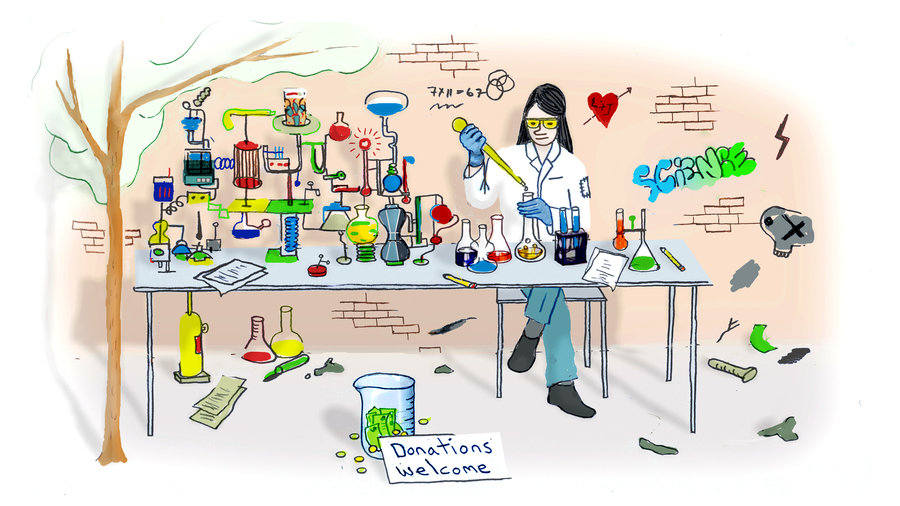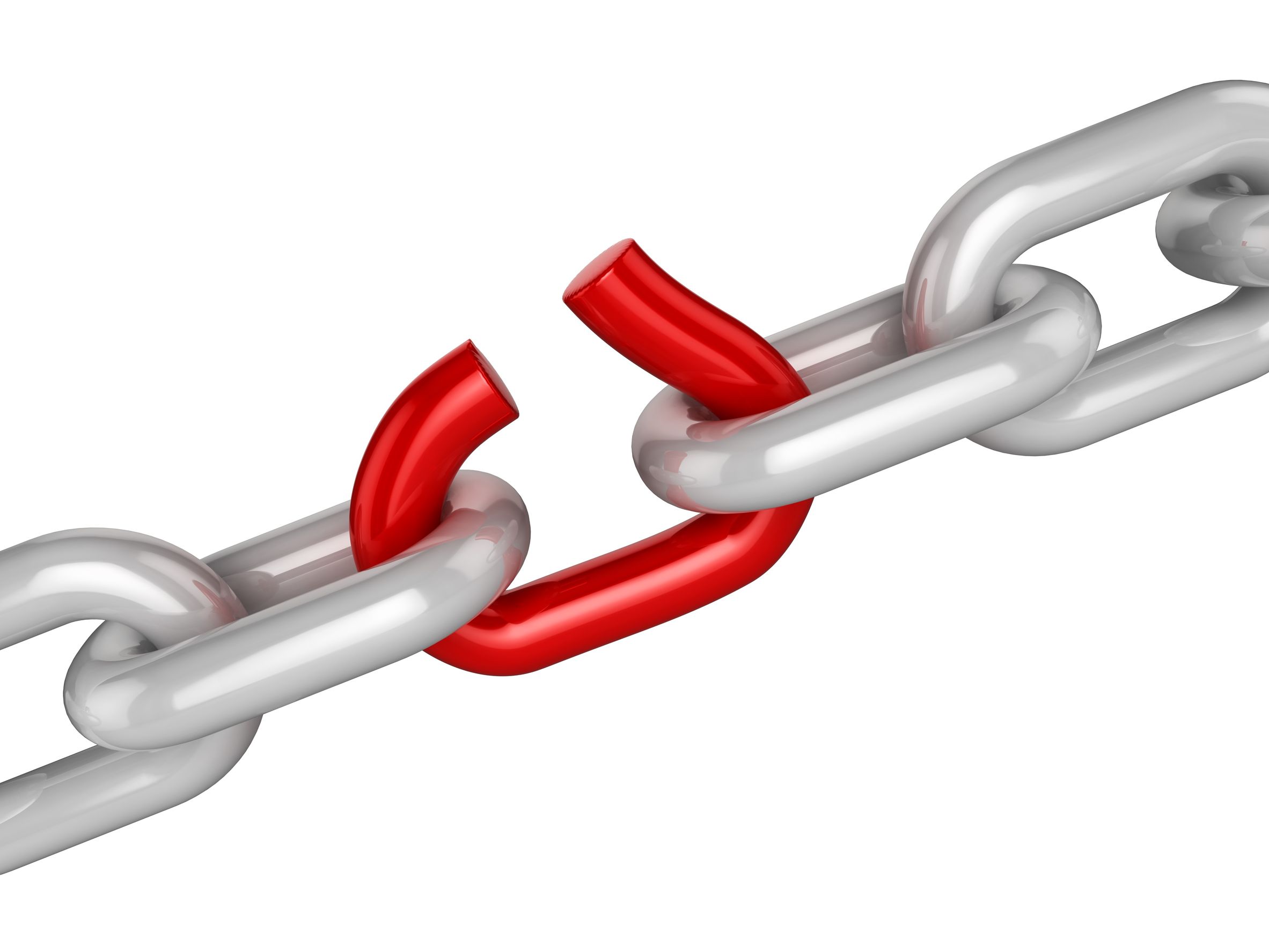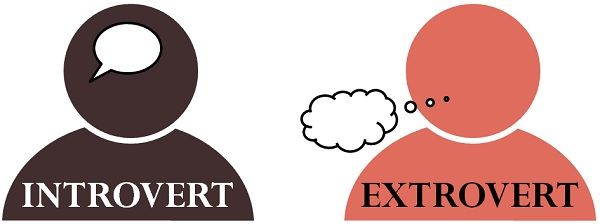"Just like losing a game does not make you a 'loser' in life, having a 'weakness' does not make you a 'weakling'." - Ed4Med LLC
Honestly, I do not like the word "weakness" or "failure", even though I deal with kidney failure on a daily basis at work. "Weakness" has such a negative connotation that it implies loss of any hope. But, that is just not true when it comes to performing in a residency interview.
'Tell me about your weakness' is a common question in a residency interview and I feel that interviewers spin this question in a myriad number of ways by asking for your 'areas of improvement' or 'How do you think you can improve your self' or 'how have you changed yourself' or 'what are the areas of improvement that you foresee for (or identified) in yourself' and so forth.
The intent of this question is for the interviewer to evaluate whether you possess the skills to self-reflect, identify shortcomings or errors or areas of improvement, make necessary changes, intervene and develop yourself professionally or personally so that it is no longer a 'weakness'. Or rather, you can think of this as an opportunity for you to do a "confession" and "repair and recovery".
But what 'weaknesses' are acceptable or even tolerable in a residency interview? There needs to be a balance between being upfront and truthful to the interviewer but at the same time not to blow your chances of being ranked high by the residency program. Here are 9 examples that I feel are applicable in the medical residency interview and some may also be applicable to life. Note how you first stage your weakness, then provide additional context or an example and finally state how you fixed this" weakness".
These 'weaknesses' were shared with me during the online practice interviews. I usually push the applicant to state their 3 weaknesses. The initials of the applicants who described the 'weaknesses' are provided (you know who you are). There are also some 'weaknesses' in the bottom of the post that are non-traditional, though in my view, seem fair in the current times.
1. Feeling of 'not enough time' or 'trying to be perfect'
RH: I feel that I was spending too much time learning every little fact of medicine. This was leaving me frustrated when I failed to recall certain details that, in hindsight, probably would not have affected the clinical course of the patient. For example, I now realize that I don't really need to know the mutations for polycystic kidney disease but I do need to know the importance of taking a family history and looking for kidney and liver cysts in polycystic kidney disease. I changed my approach when I started preparing for USMLE and also because the finer details are now easily available on the computer and the phone. I now focus more on clinically relevant information. When I did an observership in University of __, I really liked how residents used uptodate to answer a focused question. I feel less overwhelmed this way and feel I can enjoy practicing medicine.
PP: There was one weakness that became apparent to me when I started to write a review paper with my mentor. This was a paper on the impact of bariatric surgery in patients with diabetes. There are many research studies, editorials and perspective papers out there. When I started to write the manuscript, I wanted to download and print all the 60 or 70 citations and read them all. I wanted to feel perfectly confident that I could write only after mastering the literature. This was my weakness as it just caused me to be more stressed and frustrated and I didn't make any progress in the manuscript for about a month. My mentor then suggested that I read no more than 5 original papers published in the last 5 years as a starting point. She also encouraged me to start writing after I finished reading these 5 papers and then to make additions or subtractions in the manuscript based on further reading. I really loved this idea and implemented it right away and noted a lot of progress in my manuscript. I believe this strategy will be useful when I do my case presentations as I know that I can read up to 5 selected papers and start working on the PowerPoint slides in my limited time. I realize that it is not possible to know it all.
2. Conflict between introvert and extrovert
MR: My parents tell me that I am an introvert. During my time doing elective rotations in the US, I felt that I was not good at maintaining conversations outside medicine. I don't feel I avoid social interaction, I think its a cultural difference. So, I took two passions of mine -sports and Indian cooking and I explored how I could have an engaging conversation in US. Growing up in India, the only sport I knew of was cricket. After coming to US, I learned about baseball. I now know the famous teams, players, rules, Babe Ruth, though I haven't bought baseball cards yet. Similarly, with cooking, I only knew about Indian cooking. The one favorite Indian item I make is called 'Biryani' because you can just give it so many different flavors. I have found that Mexican cuisine is quite similar to my style of eating rice and vegetables. I am trying to mix Indian and Mexican items and trying out different rice based foods and would love my colleagues in US to try.
MC: Growing up, I was told that being an introvert is a kind of weakness. Going through medical school and working in teams, big and small, in sometimes stressful conditions, I realized that my preference is that of a small group of people whom I can develop relation and trust. I have read about the MBTI types and believe that being an introvert has some clear advantages. I work best by carefully processing the information available to me and make decisions by thinking through the problem, rather than making quick decisions by emotion. This is another reason why I chose to specialize in internal medicine as I really feel that I am a 'thinker' and then act by reasoning. I will find myself more at home in this smaller class in a community hospital where I can develop close relations with my co-residents and attendings.
3. Difficulty in delegation of work
JB: One thing that I feel I could work on some more is my skill of delegating work to another person. Being that I like things to be done in a certain way perfectly and on time, I usually just give up asking another person for help and do it myself. I find that at times, this leaves me tired and I wonder if my extra effort was worth it. And I have improved by ability to delegate some of the work by clearly explaining to the other person why a certain work needs to be done and I provide very clear instructions. For example, when I was rotating in medicine at the __ Medical Center, and if I wanted to get records from an outside clinic, I would previously tell the unit secretary to get all the notes and lab work from the primary care office faxed to me. I later realized that because of unclear instructions, this almost never got done and because of the delay, I would end up having to call the office myself. Instead, what I have been lately doing is I would first check with the patient when was the last blood work done and I would specifically tell the unit secretary that I need her help to obtain the basic metabolic panel reports done in the last 6 months from the primary care office of Dr. such and such, so that we can plan the biopsy procedure tomorrow. This way, the work is more likely to be done and I don't feel remorse if things don't get done to my satisfaction. And yes I do thank the unit secretary for her help.
4. Difficulty in saying 'no'
TL: I sometimes find trouble in saying 'no' to requests from my colleagues at work. In the past, this has often caused me to feel stressed because I would end up taking more work than I could handle. Also, I sometimes felt that people would took advantage of me as I would easily give in. My family is very supportive and I noted that my difficulty in saying 'no' took away precious time from my family. After I realized this weakness, I am now able to do a better job organizing my time and balancing my work and family time. I am still happy to jump in and help my colleagues in times of emergencies or family illness, but I don't feel bad about politely refusing if someone asked me to, for example, write an abstract for someone especially if my contribution is not going to be mentioned. I do make it a point to explain why I am declining the request so that I can still maintain a healthy relation with the other person as I may need their help at a later time.
5. Weakness outside medicine.
RF: I have a difficult time understanding financial planning. This is because of different view points of my father and brother. My father believes in saving for retirement, while my brother who lives in Los Angeles, a high cost of living area lives paycheck to paycheck. I do worry a lot about how I am going to pay my student loan and make sure that I and my family will be financially in the good situation at retirement. What I have done so for is that I started reading financial planning books by physician authors. In fact, my favorite podcast is called White Coat Investors. This is run by Jim Dahle, an ER doctor. He gives very practical advice and my favorites so far are not to buy a house in residency, buy a used car, and to live like a resident for a few years after becoming an attending. I now have better knowledge of saving for retirement like the 401(k) plans and believe that I am going to be okay if I am careful with my spending and do not take unnecessary debts.
AA: Belonging to the LGBTQ community, I used to get very angry and upset when someone used to treat me differently or say not shake hands with me. While I have got used to how people react to my gender preferences, I have learned to be more forgiving and make an effort to educate the other person that I am no different than him or her. Fortunately, in the current times, people have become more tolerant and that is one of the reasons why I am applying to your program as I feel I will be readily accepted by the patient and physician community here.
MP: One of my weaknesses is that I have not invested enough time in staying fit. In the first two
years of medical school, almost every waking moment was spent in reading and learning about medicine. As I moved to the third and fourth years of medical school, I realized that I need to be in top shape to do my best taking care of the patients on the floor. I now start my day with a brisk run on my elliptical and I have also enrolled in yoga classes. In fact, I find that something is missing if I do not get any physical activity in the morning. Because of my morning routine, I feel physically and mentally more alert to work in the hospital now. I have also now started more outdoor activities in a way to get me away from my iPhone. I would be interested in trying skiing though I have heard a lot about experts falling and suffering an injury. May be I will try beginner slopes.
It can certainly be hard to answer the question "what are your weaknesses?" But framing your weaknesses as a strength with careful practice can help you sail through this unpleasant question and still stand out from other applicants. Learn how Ed4MedUS.com helps applicants do their best on interview day and sign up for an online practice interview now (Low introductory rates $29 for this year).
Hope you liked this post! What's your greatest weakness? Share in the comment box below and I can then reply with my comments.
Photo credit for images in post: http://173.199.187.158/mt-content/uploads/2019/06/what_is_your_greatest_weakness_900x450.jpg
https://careerintelligenceresumewriting.com/wp-content/uploads/2016/08/weakness-1.jpg
https://keydifferences.com/wp-content/uploads/2016/07/introvert-vs-extrovert.jpg
http://res.cloudinary.com/taskbullet/image/upload/v1496336596/Delegate-work_kljiqf.jpg
https://www.connectyourmeetings.com/wp-content/uploads/sites/13/2017/08/Web_sayingNo.png
https://weblogtheworld.com/wp-content/uploads/stay-fit-now1.jpg
https://www.60degree.com/wp-content/uploads/2018/09/a22222.jpg








/video_chat_teleconference_200551014-001-56b08b5d5f9b58b7d023f209.jpg)


















